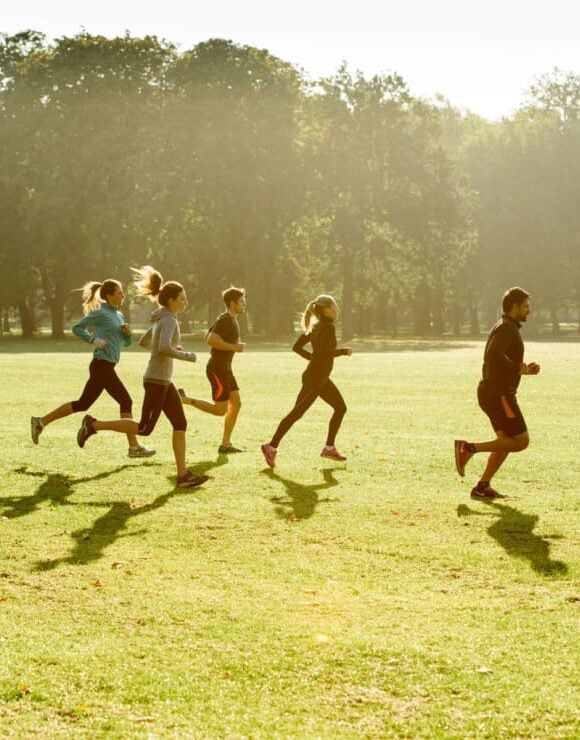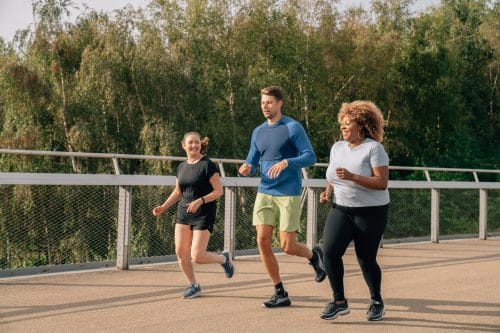Mastering Marathon Nutrition: Your Ultimate Guide

Dr Linia Patel
Women’s Health Dietitian & Performance Nutritionist
- 14 November, 2024
- Running
- Diet & Nutrition
- 4 min read
Whether you’re a novice or a seasoned marathon runner, understanding how to fuel your body efficiently can be the key to conquering those 26.2 miles with confidence and strength. This guide will walk you through each step of building a tailored nutrition plan that suits your unique needs.

Building the Foundations of Sports Nutrition
Before diving into specific strategies, it’s crucial to understand the basics of sports nutrition. At its core, sports nutrition involves providing your body with the right balance of macronutrients—carbohydrates, proteins, and fats—to support your training and enhance performance.
Carbohydrates are your primary energy source, especially during long endurance runs, while proteins aid in muscle repair and growth. Healthy fats serve as a secondary energy source and help with hormone production and vitamin absorption.
In addition to macronutrients, micronutrients such as vitamins and minerals play an essential role in maintaining overall health and optimising performance. Iron, for example, is vital for oxygen transport in the blood, while calcium and vitamin D are crucial for bone health and magnesium helps to relax tired muscles. Balancing these nutrients can help prevent deficiencies that might delay recovery, increase injury risk and ultimately may hinder your training progress.
Fuelling Up: Pre-Run Nutrition Essentials
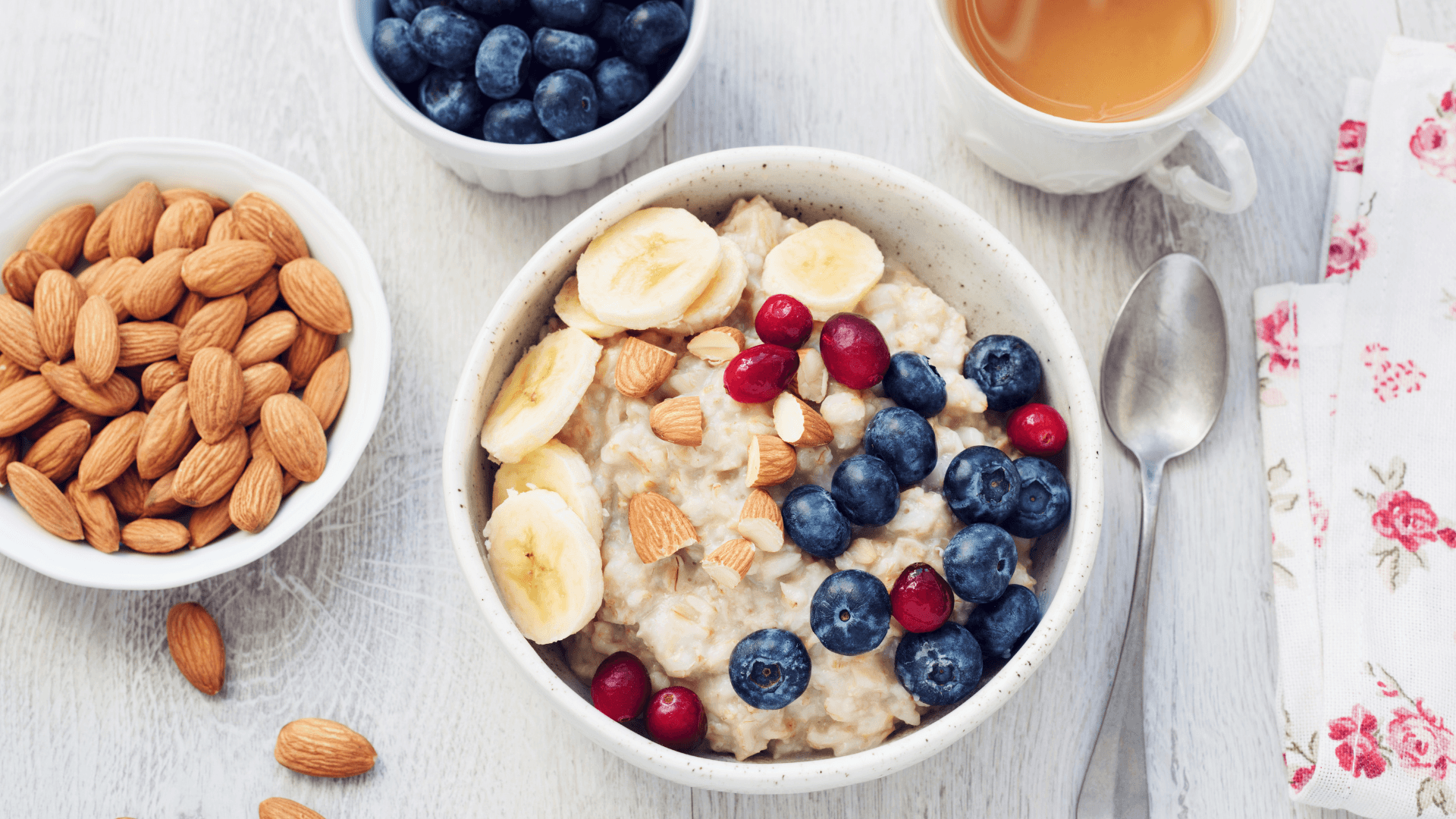
What you consume before a run can significantly impact your performance. A well-planned pre-run meal provides the energy needed to sustain your effort without causing gastrointestinal distress. Aim to eat a meal high in carbohydrates that is based on low to medium glycaemic index foods with moderate protein and low fat about 3-4 hours before your run. This could be a bowl of porridge, made with milk and topped with nuts and fruit and maybe a dollop of Greek yogurt or a turkey sandwich on whole-grain bread with a small side salad.
If you’re running early in the morning and a full meal isn’t feasible, opt for a lighter snack such as a banana, a small energy bar, a fruit flavoured yogurt, or a slice of toast with jam 30-60 minutes before starting. Remember, it’s important to test different foods during your training to discover what works best for you, as everyone’s digestive system responds differently.
Staying Energised: In-Run Fuelling Techniques
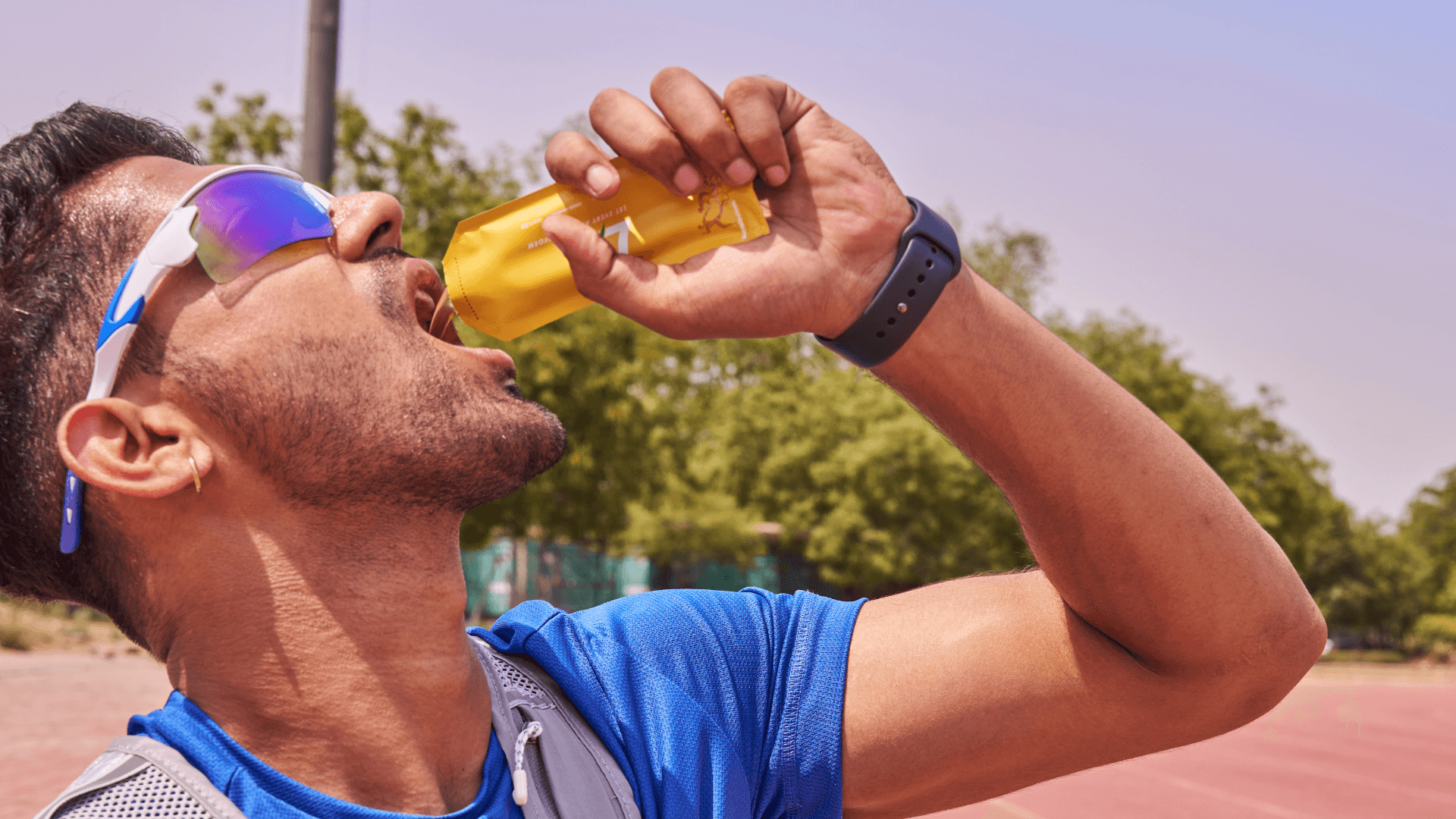
During long runs, maintaining steady energy levels is crucial to avoid hitting the infamous “wall.” Typically, your body has enough glycogen stores to last about 90 minutes, so for runs longer than that, consider consuming additional carbohydrates. Energy gels, chews, and sports drinks are convenient options that quickly replenish glycogen stores.
Start by taking small amounts every 30-45 minutes during your run and adjust the timing based on your energy needs and how your body responds. Make sure to wash down gels and chews with water to aid digestion and absorption. Practicing in-run fuelling strategies during your training runs will help you fine-tune what works best for you and prevent any surprises on race day.
Revitalise Your Body: Effective Recovery Nutrition
Post-run recovery is just as important as pre-run preparation. The right nutrients can speed up muscle recovery, replenish glycogen stores, and reduce muscle soreness. Aim to consume a balanced meal or snack within 30-60 minutes after completing your run, if you are a woman, and within 1-2 hours for men. This meal should include carbohydrates to restore glycogen and protein to aid muscle repair.
A big glass of chocolate milk, a smoothie with fruit yogurt, banana and some protein powder, a chicken salad with quinoa, or a peanut butter and banana sandwich are excellent recovery options. In general, incorporating anti-inflammatory foods like berries, leafy greens and tart cherry juice may help reduce muscle soreness and accelerate recovery.
Maximise Performance with Carb-loading

Carbohydrate loading is a strategy used to maximise glycogen stores before a marathon, providing you with a larger reserve of energy to tap into during the race. Typically, carbohydrate loading begins 3-4 days before race day, where you gradually increase your carb intake while reducing your training intensity.
Pasta, rice, potatoes, and bread are popular carb-loading staples. However, it’s important to choose familiar foods that you know your body can handle well. Avoid experimenting with new foods or drastically increasing fibre intake, as this might lead to digestive issues.
Hydration Tactics for Marathon Success
Proper hydration is a cornerstone of marathon success. Dehydration can impair performance, lead to cramps, and increase the risk of heat-related illnesses. Begin hydrating several days before your marathon, ensuring you’re drinking enough water and replenishing electrolytes lost through sweat. Keep alcohol intake low or zero.
During long training runs and on race day, aim to drink according to thirst, but also have a plan to ensure you’re drinking regularly. Sports drinks can be beneficial as they replace both fluids and electrolytes. However, be cautious of overhydration with just water, which can lead to hyponatremia—a dangerous condition caused by low sodium levels in the blood.
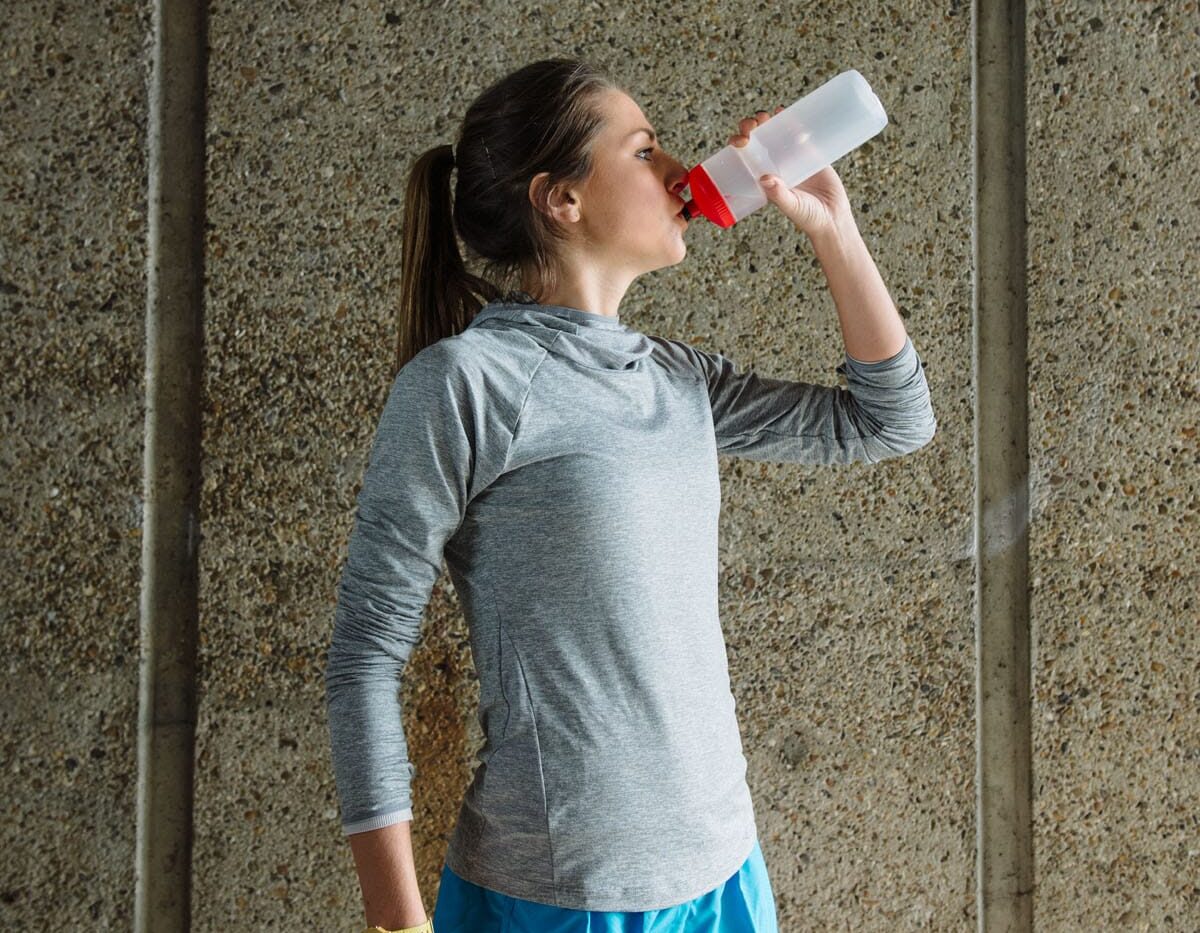
Nailing Your Race Day Nutrition Plan
Your race day nutrition plan should be a reflection of what you’ve practiced during training. Begin with a familiar pre-race meal 3-4 hours before the start, focusing on easily digestible carbohydrates and moderate protein. Consider bringing along any in-run fuelling products you’ve tested, such as gels or chews, and know the locations of water and aid stations on the course.
Avoid trying new foods or supplements on race day to minimise the risk of gastrointestinal issues. Staying calm and sticking to your nutrition plan can help you focus on the race and perform at your best.
Exploring the Role of Supplements in Marathon Training
Supplements can play a supportive role in marathon training, but they should never replace a balanced diet.
Common supplements for runners include protein powders, electrolyte tablets, and caffeine. Caffeine, for instance, is known to enhance endurance and reduce perceived exertion when taken in moderation before and during a run. However, the impact of caffeine is such an individual thing so it’s essential to consult with a healthcare professional or nutritionist before adding new supplements to your regimen, especially if you have underlying health conditions or are taking medications.
Remember, supplements are just that—a supplement to a nutritious diet—and should be used wisely.
In conclusion, establishing a personalised nutrition strategy is a dynamic process that requires trial and error. By understanding the fundamentals of sports nutrition and tailoring your approach to meet your individual needs, you can enhance your marathon performance and enjoy the journey to the finish line.
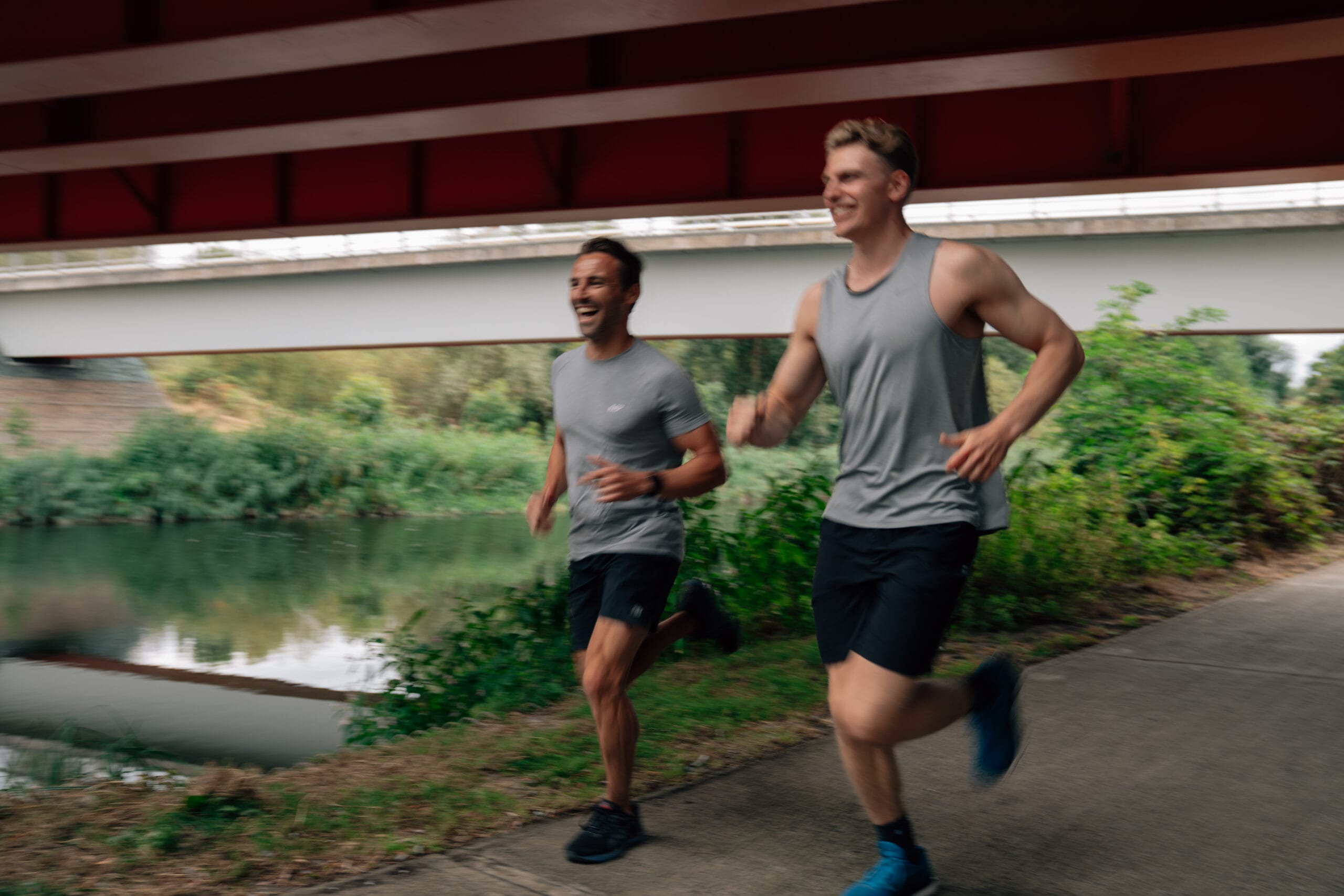

Advice
Over the last 20+ years our experts have helped more than 100,000 patients, but we don’t stop there. We also like to share our knowledge and insight to help people lead healthier lives, and here you will find our extensive library of advice on a variety of topics to help you do the same.
OUR ADVICE HUBS See all Advice Hubs
